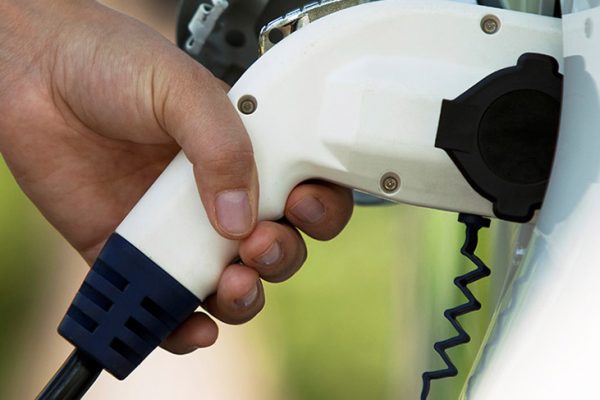CONSUMER credit firms will be able to repossess goods and vehicles from the end of this month under the latest Financial Conduct Authority guidelines – but only be as a last resort
Current guidance says firms should not terminate a regulated agreement or repossess goods or vehicles under the agreement that the customer needs, except in exceptional circumstances.
The FCA said in a statement: “We now propose changing this so that consumer credit firms will be able to repossess goods and vehicles from 31 January 2021. However, this should only be as a last resort, and subject to complying with relevant government public health guidelines and regulations, for example on social distancing and shielding.
“Importantly, firms will also be expected to consider the impact on customers who may be vulnerable, including because of the pandemic, when deciding whether repossession of goods or vehicles is appropriate. Our proposed approach reflects the different risks and harms that customers with goods or vehicles on credit are likely to face compared to those who are at risk of losing their home.”
It added that customers who remain in payment difficulties under a relevant consumer credit agreement, continuing to restrict repossessions may not be in their interests. The shorter terms and higher interest rates on these agreements, combined with the depreciating value of the goods or vehicles, means that they could end up owing more in the long term if repossessions are prevented.
Appointed Representative Opportunities with Wessex Fleet
Have you thought about growing your broker business? Are you looking for opportunities for growth? Then why not consider joining Wessex Fleet as an Appointed Representative?
Keeping you on the move with leasing solutions tailored to your needs
Leasys is the proud Contract Hire partner of the Stellantis brands, offering mobility solutions from medium and long-term rentals to management systems for company fleets.We work with Brokers to support all their customers requirements.
Accelerate your business with QV Systems & Leaselink
Unlock unparalleled efficiency in vehicle procurement with QV Systems’ Accelerate, now seamlessly integrated with Ebbon Automotive’s Leaselink. Tailored for brokers and funders, this integration streamlines the entire process from quote to delivery, empowering you to effortlessly source and order vehicles for your clients.
The FCA said its approach, there takes appropriate account of the risks to customers of further asset depreciation, whilst providing appropriate protections by ensuring that firms repossess only as a last resort and also consider the impact of repossession action on those who are vulnerable, as well as following relevant government public health guidelines and regulations when undertaking repossession action.
Adrian Dally, Head of Motor Finance at the Finance and Leasing Association : “This is a welcome move as it allows lenders and consumers to decide together on the best outcome.
“If a customer still needs their vehicle due to vulnerability, lenders will of course take that into consideration, but where a customer’s circumstances have changed so that they do not need their vehicle any longer and repossession is the best option, it is absolutely right that lenders can now offer that solution.”



















